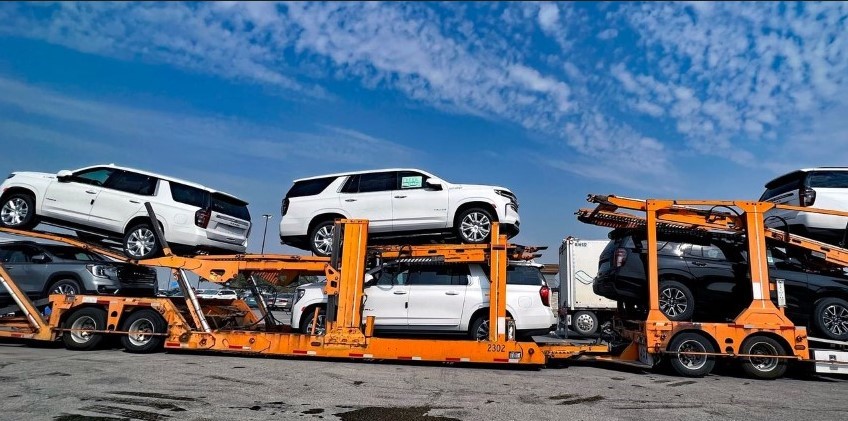 The car towing industry, often viewed through the lens of age-old practices, has undergone substantial transformation in recent times, primarily due to the rapid advancement of modern technology. From efficient job scheduling to streamlined payment processes and improved safety measures, technology has not only redefined the daily operations of tow truck companies but has also immensely elevated the client experience. Let’s delve deeper into the myriad wayshas shaped the contemporary towing landscape.
The car towing industry, often viewed through the lens of age-old practices, has undergone substantial transformation in recent times, primarily due to the rapid advancement of modern technology. From efficient job scheduling to streamlined payment processes and improved safety measures, technology has not only redefined the daily operations of tow truck companies but has also immensely elevated the client experience. Let’s delve deeper into the myriad wayshas shaped the contemporary towing landscape.
-
GPS Tracking Systems:
Global Positioning System (GPS) technology has revolutionized the way tow trucks navigate and reach their destinations. Gone are the days when operators had to rely solely on vague descriptions or paper maps. GPS tracking systems enable drivers to choose the quickest and most efficient routes to their target destinations. This, in turn, reduces fuel consumption, ensures timely arrivals, and enhances overall service quality. Moreover, GPS systems also provide real-time updates, which can be critical during emergencies or in heavy traffic conditions.
-
Online Platforms for Scheduling Tow Jobs:
The digitization wave has given birth to numerous online platforms that facilitate the scheduling of tow jobs. These platforms allow customers to request services with just a few clicks, offering transparency in pricing, real-time tracking of tow trucks, and often, user reviews to ensure quality. For towing companies, such platforms mean streamlined operations, lesser administrative burdens, and a broader reach to potential clients.
-
Mobile Payment Systems:
Cashless transactions have permeated almost every industry, and towing is no exception. Mobile payment systems offer convenience and security for both service providers and customers. Customers no longer need to worry about carrying cash or going through cumbersome payment processes. For tow truck operators, it ensures quicker, traceable transactions and reduces the risks associated with handling cash.
-
Advanced Communication Tools:
Effective communication is pivotal in the towing industry. Tow truck operators and drivers now employ an array of communication devices, such as radios, cell phones, and text messages, ensuring they stay in constant contact with their customers and headquarters. This seamless communication ensures customers are kept in the loop about expected arrival times, potential delays, or any other pertinent information.
Benefits of Modern Technology in the Towing Industry:
Safer:
Safety remains paramount in towing operations. Advanced technologies like GPS ensure drivers take safe routes. Moreover, the availability of communication tools means that drivers can quickly call for assistance or backup in case of emergencies, thereby mitigating potential risks.
More Efficient:
Digital platforms for scheduling and mobile payment systems drastically reduce the administrative overhead, allowing companies to focus more on their core operations. GPS systems ensure that drivers take the most efficient routes, saving time and fuel. This, coupled with real-time communication, means that services are delivered faster and more reliably.
Highly Reliable:
Modern technology instills a sense of reliability in the services offered. Customers can track their tow trucks in real-time, communicate directly with operators, and are assured of transparent pricing and secure payment methods. On the other hand, towing companies can efficiently manage their fleets, ensure the safety of their drivers, and provide top-notch services, all thanks to the technological tools at their disposal.
In conclusion, modern technology has significantly reshaped the towing industry, ensuring it keeps pace with the evolving demands of the contemporary world. From enhanced safety to unparalleled efficiency and reliability, the benefits ushered in by technology are manifold, promising a future where towing services are even more customer-centric and operationally optimized.










